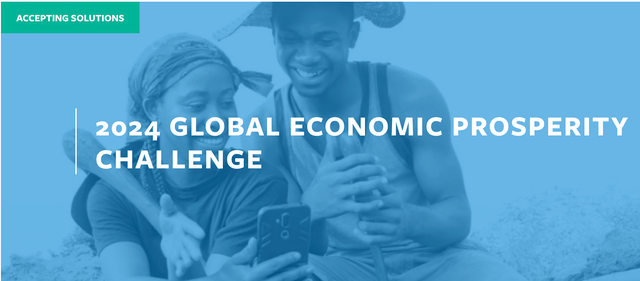The widely discussed and subsequently discontinued Google Glass technology has been revitalized by Envision, a firm specializing in creating hardware and software tools for the visually impaired.
Karthik Kannan, the founder and chief technology officer of Envision, mentions, “We obtained a special exemption. We are currently the exclusive global distributor, as these products are not readily available for general purchase.”
Envision embarked on its smart glasses venture in 2017, following the rising popularity of its smartphone application, now known as Envision AI. This app utilizes a phone camera to instantly recognize and vocalize signs, objects, menus, books, and other visual content, aiding visually impaired individuals in navigating various scenarios.
The evolution of Envision’s app into smart glasses was driven by the aim to enhance user experience, particularly for individuals with low vision who found it cumbersome to juggle a phone and a cane simultaneously. This transition aimed to integrate the best features of the Envision app into a sleek and modern wearable device.
Recognized with a Google Play Award for “best accessibility experience,” Envision successfully collaborated with Google to incorporate their technology into the Envision Glasses, which are priced between \(1,899 and \)3,499. These glasses have undergone enhancements amidst the AI advancement wave, expanding their offline capabilities significantly.
The global assistive technology market is forecasted to grow to $32.25 billion by 2030, driven by technological advancements, increased disability prevalence, and a growing elderly population. Envision Glasses, besides aiding in text recognition, also offer features like facial recognition, further enhancing their utility for visually impaired users.
Envision’s commitment to inclusivity transcends language barriers, with a particular focus on Arabic, a complex language that posed challenges initially. By leveraging AI and in-house developments, Envision improved Arabic text recognition capabilities, catering to the growing user base in the Middle East.
Feedback from users like Khalfan bin Dhaher in Dubai, a visually impaired individual benefiting from Envision’s technology, underscores the transformative impact of Envision Glasses on daily activities such as grocery shopping and navigating public spaces independently.
Looking ahead, Envision aims to expand its offerings beyond visual impairment assistance to encompass other disabilities like dyslexia and dementia, leveraging the advancements in generative AI technology.
In a Q&A session with Karthik Mahadevan, the CEO of Envision, he envisions the company as a global leader in assistive technology, seamlessly integrated into everyday devices to foster universal accessibility. His admiration for Steve Jobs reflects a commitment to innovation and design, driving Envision’s mission to eliminate barriers for individuals with visual impairments and promote inclusivity in society.










